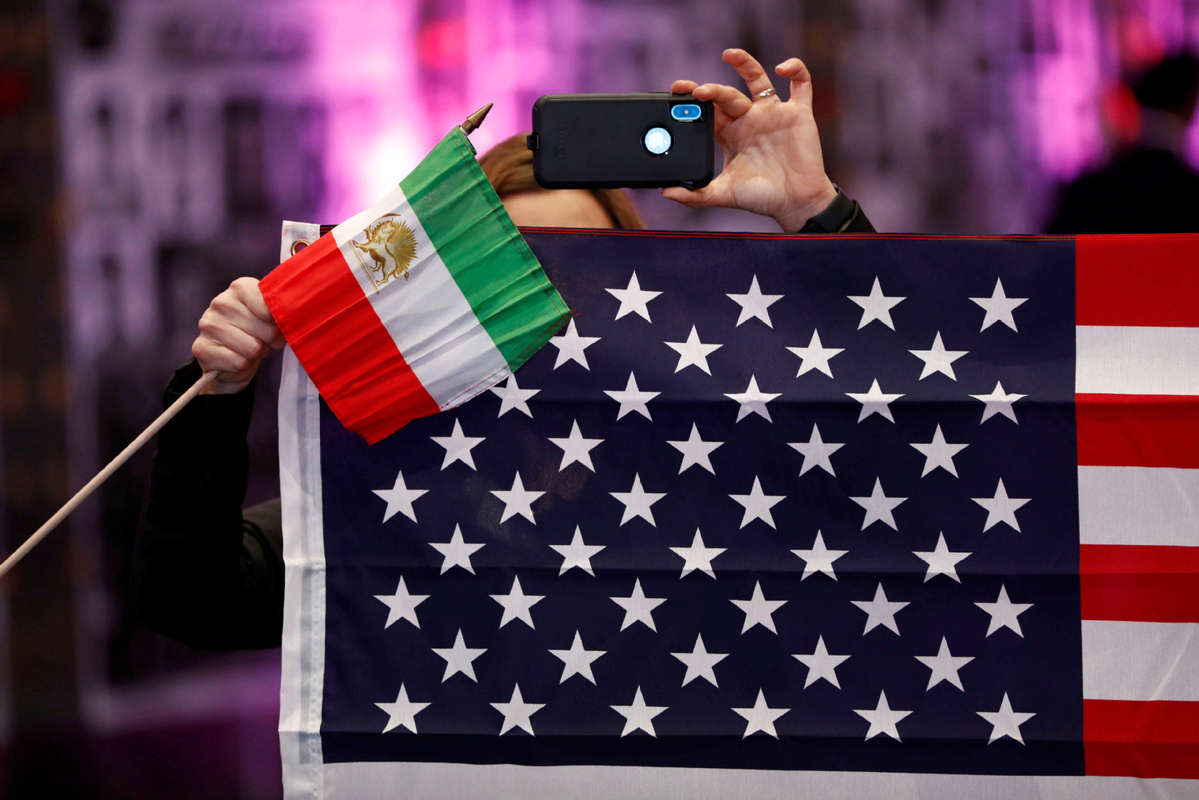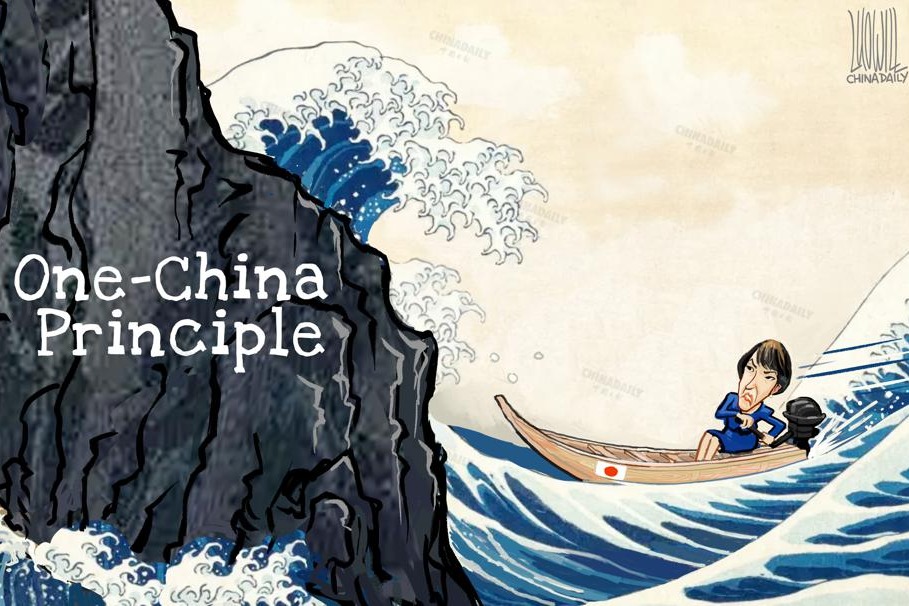US should reflect on its Iran policy: China Daily editorial


Iran's armed forces admitted on Saturday that the Ukrainian Boeing 737 passenger plane that crashed on Wednesday near Teheran, killing all 176 people onboard, was shot down by mistake when Iranian air defenses were on high alert for a response from the United States to its missile strikes on US targets in Iraq.
The tragic event is clear evidence that anything can happen when tensions are running high, as they were between the US and Iran after the US airstrike that killed Iranian general Qassem Soleimani, which prompted the Iranian missile attacks. The highly combustible atmosphere could easily lead to a misjudgment or a misstep, which could have devastating consequences.
Such tit-for-tat retaliations, although normal for the two long-time adversaries, has become a vicious and upwardly spiraling circle, which needs to be carefully managed if the exchanges are to be kept in hand.
From its unilateral withdrawal from the 2015 Iranian nuclear deal to the blatant killing of the Iranian general on Iraqi soil, the US has stubbornly and persistently escalated tensions and sought to exert extreme pressure on Iran.
There were sighs of relief after the United States and Iran both toned down their war rhetoric last week after the US killing of Soleimani and Iran's missile response. Yet, this is no time for complacency as the US enmity toward Iran still hangs like the sword of Damocles over the Islamic republic.
Showing that it is not willing to ease the pressure on Iran, Washington announced on Friday that it was imposing fresh sanctions targeting senior Iranian officials for their involvement in the retaliatory strikes.
The world is no stranger to what lengths the US is willing to go to topple any government it dislikes. From Iraq, Syria to Iran, Washington has one after another turned its attention to regime change.
Yet, even as the world's sole superpower, the US cannot escape the shock waves from its actions and policies in the Middle East. The rising anti-US sentiment in the region offers fresh evidence of this.
It is high time the US seriously reflected upon its Middle East policy. It should try and escape the delusion that its miseries are worse than they ought to be because of what Iran is doing. It is its own approach that is the main destabilizer of the region and the root cause of the current volatility in the region. Instead of ratcheting up the pressure on Teheran, Washington should change course and engage in dialogue for the sake of peace and stability.


































